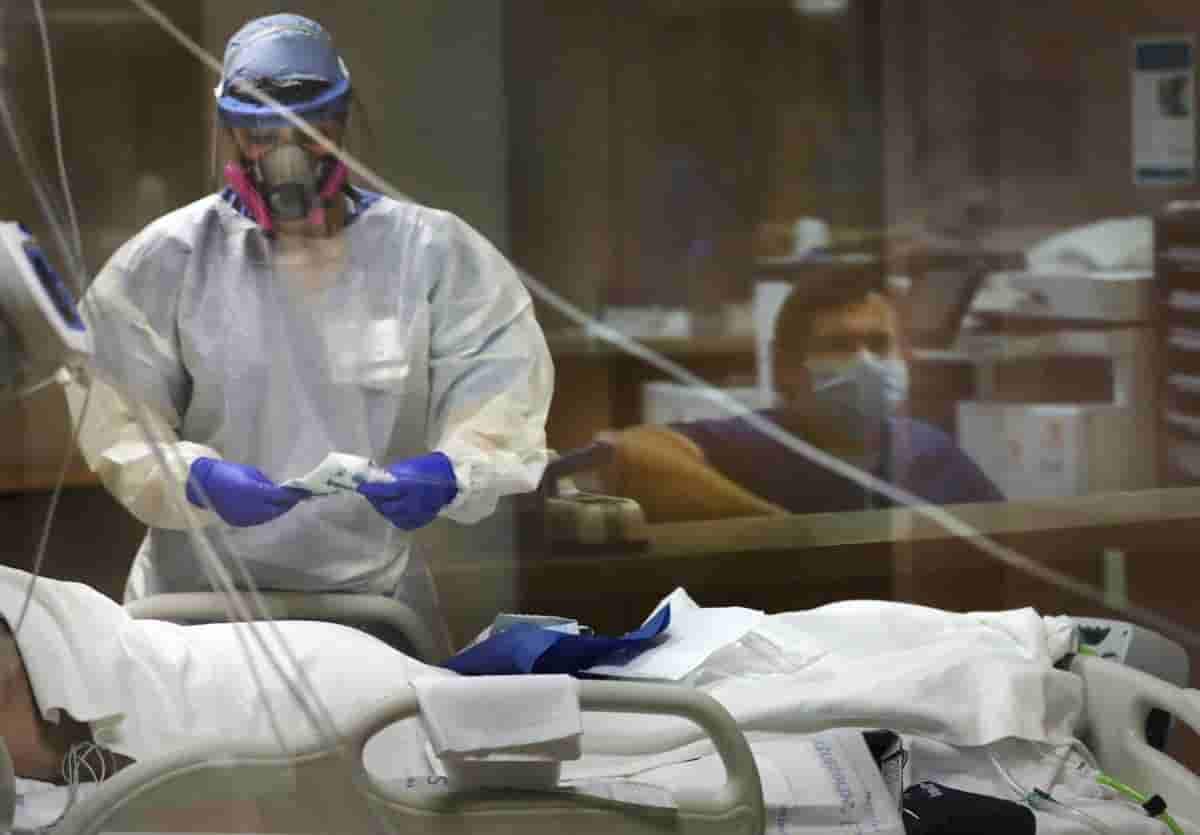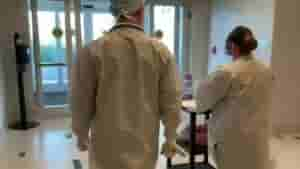Amid the continued increase of COVID-19 cases brought about by the highly contagious Delta variant in Texas, San Antonio doctors have released guidelines on the symptoms one should look out for before heading to the hospital. This will help with the issues regarding shortage in hospital beds and hospital staff.
The doctors came up with the guidelines as they have been receiving many calls from people who are positive with COVID-19 but are only showing mild symptoms. Dr. Saleh Jafaar, with MedCare Associates, said that one should call their doctor after getting a positive result to make sure they know when they should go to the emergency room. When the patients have difficulty in breathing, they should seek medical assistance at the hospital.
Jafaar pointed out that those vaccinated and tested positive will most likely not experience a lot of issues. Jafaar further shared: “If it’s really mild symptoms, we don’t do anything. Ask them to take Tylenol, keep hydrated, get as much rest as they can and follow up in a day or two.”
Dr. Ruth Berggren, an infectious disease expert with UT Health San Antonio, said that for outpatient management, they recommend everyone to isolate themselves from outside and even within the home when they test positive for the virus. When staying at home, they should use a separate bathroom and not eat with other house members. They should also use a pulse oximeter to make sure their oxygen saturation is over 94 percent.

Berggren added that for COVID-positive outpatients who have high-risk factors like if they are pregnant, have diabetes, or are over 65 years old, they have to talk to their doctor to get a prescription for monoclonal antibodies therapy, KSAT.com reported.
She pointed out that monoclonal antibodies therapy is better than steroids. Patients will benefit from the monoclonal antibodies therapy if they get it within the first five days from being diagnosed with COVID-19. It is free at the Freeman Coliseum and “can significantly reduce your progression of COVID-19, and therefore greatly reduce your risk of having to go to the ER and get sicker.”


